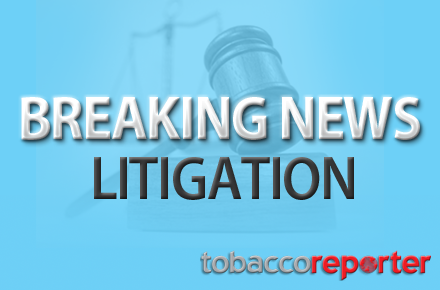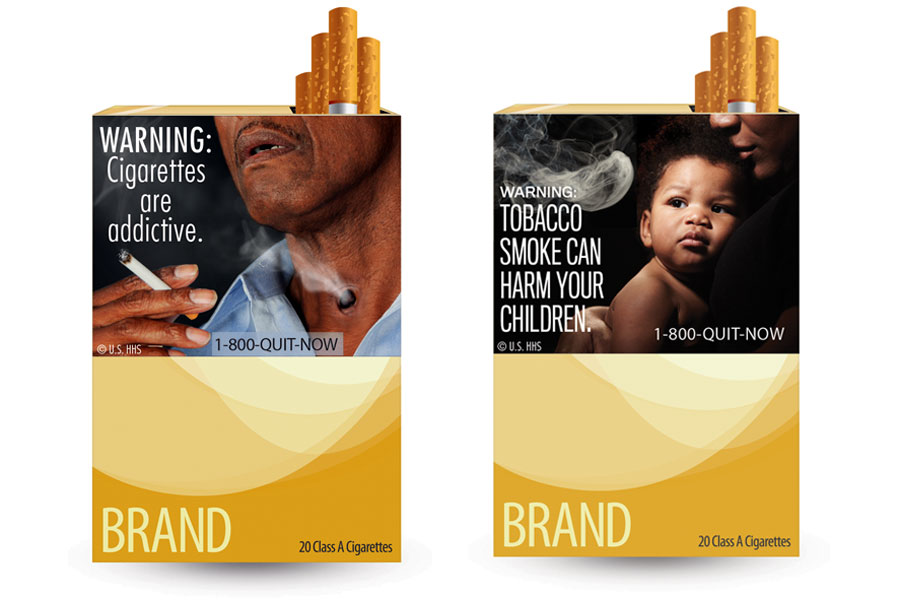ANew Zealandhealth expert has said that healthcare professionals should be ready to provide support to those caught up in natural disasters before they turn to cigarettes, according to a EurekAlert story.
This follows a study by researchers at the Canterbury District Health Board (CDHB),New Zealand, which found that the prevalence of smoking had increased following the August 2010 earthquake inChristchurch.
The results of the study were due to be presented yesterday at the European Respiratory Society’s Annual Congress inVienna.
To investigate the effects of the disaster on smoking levels, the researchers carried out interviews with 1,001 residents 15 months after the earthquake. Participants were asked about their smoking habits before and after the earthquake.
Professor Lutz Beckert, of the CDHB, said that increased levels of smoking had been found inChristchurchresidents after the earthquake.
“Twenty eight per cent of people who were not smoking prior to the earthquake picked up the habit following the quakes,” he said.
“This suggests that exposure to trauma, such as a natural disaster, can prompt people to start smoking as they believe it is a valid way to deal with their anxiety over their experiences and coping for changes in lifestyle.
“It is important for healthcare professionals to be aware of this increased risk in the aftermath of a disaster, such as theChristchurchearthquake, so that they can be ready to provide the necessary support to residents before they turn to cigarettes.”


